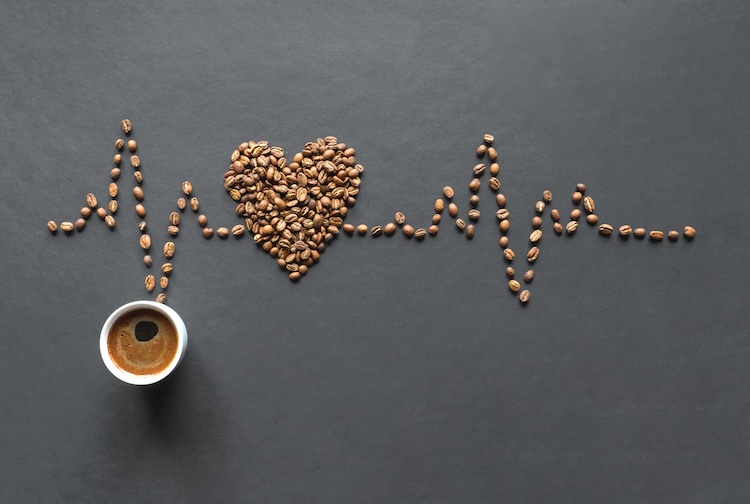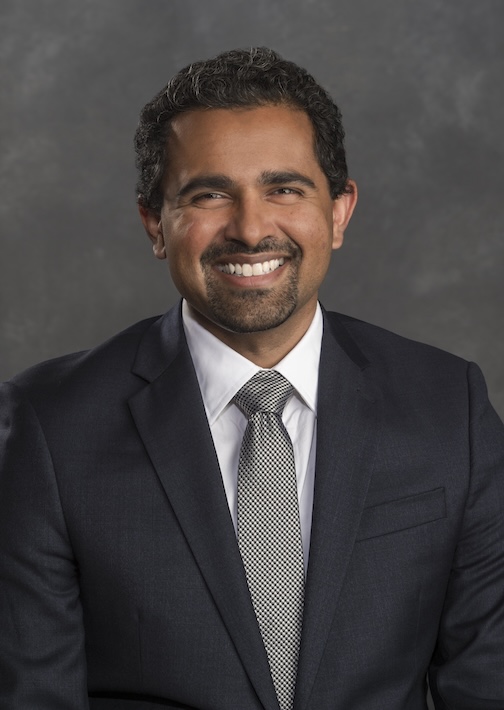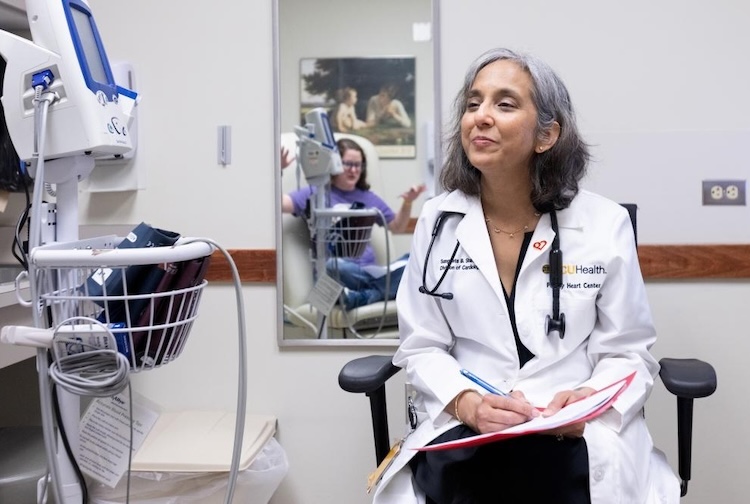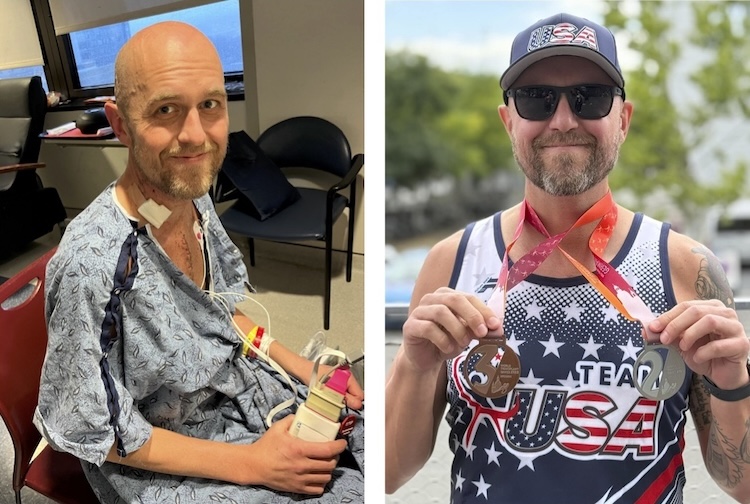Should you stop drinking coffee for a healthy heart?
Common questions answered by a VCU Health cardiologist about when you should — and shouldn’t — worry about your daily brew.
October 20, 2025 You don’t need to put away your favorite coffee cup for good, but VCU Health Pauley Heart Center experts say moderation is key. (Getty Images)
You don’t need to put away your favorite coffee cup for good, but VCU Health Pauley Heart Center experts say moderation is key. (Getty Images)
By Tanner Lambson
When it comes to discussing heart health, caffeine gets a bad rap. But, when people say, “caffeine is bad for you,” they may not have the full picture.
"Caffeine isn’t the villain it’s often made out to be,” said Ajay Pillai, M.D., a cardiac electrophysiologist at VCU Health Pauley Heart Center. “While it’s wise to consume it in moderation, your heart will benefit far more from consistent, healthy lifestyle choices.”
To get clarity on caffeine’s impact on heart health, we spoke with Pillai about how caffeine impacts the heart — and what people should be focusing on instead.
Should I be worried about how much caffeine I drink for my heart health?
A recent study tracked the caffeine consumption of 18,000 Japanese adults for nearly 19 years. What we learned from this study is that caffeine intake ranks low on the list of heart health concerns for most people. The only people who should realistically be concerned with caffeine intake are those who are already at risk of having heart problems.
 Ajay Pillai, M.D., is a cardiac electrophysiologist at VCU Health Pauley Heart Center. (Kevin Morley, Enterprise Marketing and Communications)
If your blood pressure readings are showing 140/90 or higher, I would not recommend consuming over one cup of coffee. On the other hand, moderate caffeine consumption — less than 300 mg or about three cups of coffee per the most recent American Heart Association guidelines — is generally considered safe for healthy adults.
Ajay Pillai, M.D., is a cardiac electrophysiologist at VCU Health Pauley Heart Center. (Kevin Morley, Enterprise Marketing and Communications)
If your blood pressure readings are showing 140/90 or higher, I would not recommend consuming over one cup of coffee. On the other hand, moderate caffeine consumption — less than 300 mg or about three cups of coffee per the most recent American Heart Association guidelines — is generally considered safe for healthy adults.
Can drinking caffeine cause heart palpitations or high blood pressure?
For some individuals, especially those sensitive to stimulants, caffeine can temporarily raise heart rate and blood pressure and may trigger palpitations. However, habitual coffee drinkers often develop a tolerance, and most people with heart disease can safely consume small amounts of caffeine. The key is knowing your body and consulting your health care provider if you have a heart rhythm disorder or other cardiovascular condition.
Is caffeine more dangerous to the heart than other lifestyle factors?
Not at all. When I meet with a patient, I always ask about caffeine intake, but it’s not usually setting off any alarm bells unless they mention an amount higher than three cups a day.
Caffeine is far less concerning than other lifestyle factors that I ask patients about. Lifestyle factors that have a much greater impact on heart health include:
- Poor diet: High intake of processed foods, sugar, and saturated fats can raise cholesterol and blood pressure.
- Physical inactivity: Regular exercise strengthens the heart and improves circulation.
- Smoking: Tobacco use is a major risk factor for heart disease.
- Stress: Chronic stress can elevate blood pressure and contribute to unhealthy habits.
- Sleep deprivation: Poor sleep is linked to increased cardiovascular risk.
What are the best lifestyle changes to improve heart health?
The following lifestyle changes are far more impactful than cutting caffeine:
- Eat a heart-healthy diet: Focus on fruits, vegetables, whole grains, lean proteins, and healthy fats.
- Exercise regularly: Aim for at least 150 minutes of moderate activity per week.
- Maintain a healthy weight: Even modest weight loss can improve heart health.
- Quit smoking: This is one of the most powerful steps you can take.
- Manage stress: Try mindfulness, meditation or simply take time to relax.
- Get quality sleep: Aim for 7 to 9 hours per night.
Do I need to stop drinking coffee to protect or improve my heart health?
Not necessarily. If you enjoy coffee or have an energy drink in the morning, and don’t experience negative symptoms like palpitations or anxiety, there’s no strong reason to quit. Just be mindful of your total caffeine intake — especially from energy drinks or supplements — and focus on the bigger picture of heart health.
So go ahead — enjoy that morning cup of coffee — and focus your energy on heart-healthy habits that have a greater impact.




